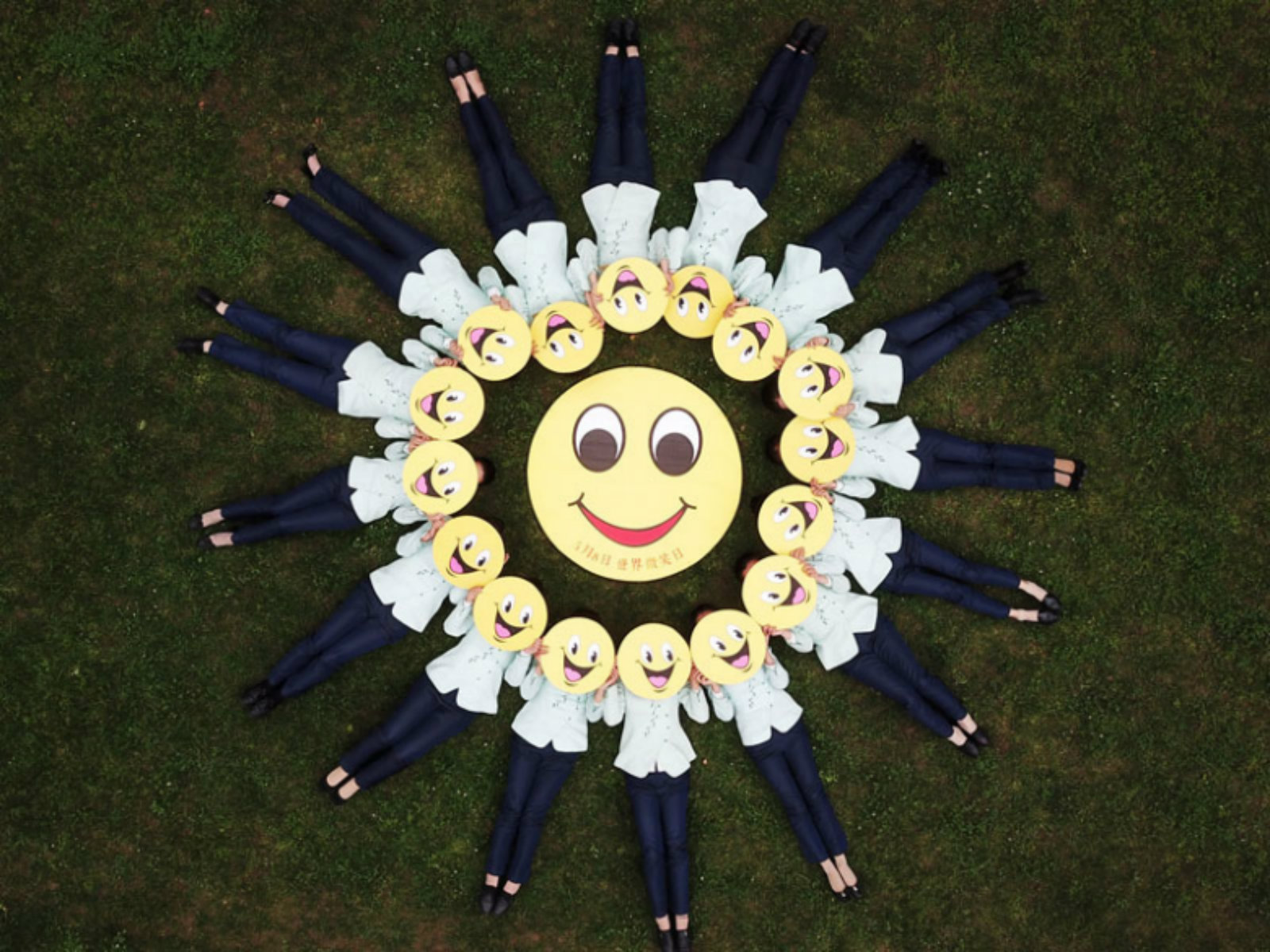It all won’t matter if you are not sleeping 6-8 hours a day: It doesn’t matter how fit you are, how healthy you eat or how well you manage your stress, if you don’t have 6-8 hours of uninterrupted sleep—the effects will be very adverse to your health. This is one thing that needs commitment regardless of level of work. A group of researchers from Ludwig-Maximilian University studied the sleep-wake patterns of more than 65,000 people and results showed our own bodies’ clocks are much better way to tell us when we need to wake up, rather than all those maddening alarms, according to Nautilus. The study found that when our sleep rhythm is disrupted by our “social clocks,” be it an alarm for school, work, or even just a noisy household, it can lead to various imbalances and diseases including digestion problems, Alzheimer’s, and even cancer.
But is there such a thing as too much sleep? You’re shaky. You can’t see straight and you sure can’t keep your eyes, or mind, focused on that screen in front of you. But you got enough sleep. In fact, you got more than enough. As it turns out, oversleeping exists and it too is a problem. Last year, researchers collected data from over 10,000 participants to capture their sleeping habits and found that people who slept more than 6-8 hours were equally impaired as those who slept too little, the study said, according to New Atlas. “The research revealed a reliable U-shaped curve in deficits associated with reasoning and verbal abilities corresponding with sleep duration, illustrating more than eight hours sleep was just as damaging as less than six hours.”









